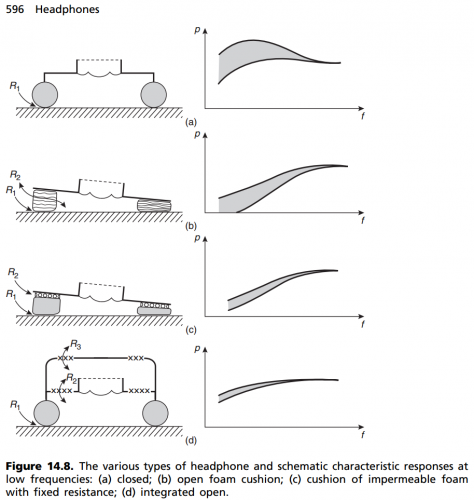on style - I didn't invent these informalities - just adopted what is seen on forums - its not writing for textbooks, resumes
http://www.contentious.com/2004/09/13/grammar-and-punctuation-for-the-web-whats-proper/
maybe this link will live a bit longer here?
accusations of "arrogance" is interesting coming from those sounding like they are posting from "Audiophile Guru" self conception or attempted positioning
I admit engineers can have cultural clashes when talking with the general public - maybe its even regionally amplified with my uni, work experience in the Northeast - a region not known for being steeped in Southern courtesy
when someone talks about EE in terms I recognize from 3 decades of working as one then I do expect a certain reciprocal extension of collegial mutual respect
my presumption is that we each certainly have specialized knowledge and experience that the other may only have passing acquaintance with but we both reason from a similar "Rational Materialism", "Scientific Rationalism" point of view, have substantial common background in math and systems modeling
engineer on engineer in my experience we are blunt about pointing out what we think are misconceptions in each others reasoning, work - I expect to be "called out" too
being wrong, having incomplete conceptions or even just temporary lapses is such a constant in learning, dealing with complex systems that it seems a big waste of time and energy constantly softening the critique, easing into the subject with social lubrication to "spare feelings"
sometimes when something is pointed out in technical argument you do go "I knew that" - and then realize their point is made
the best is when you take it in and suddenly rearrange your previous pieces into a new level of understanding of a subject
all this may be foreign, uncomfortable to non STEM types - where "personal interpretation" is given primacy, there are few "hard facts"
















![20170926_002750[1].jpg](https://cdn.head-fi.org/a/10005832_thumb.jpg)













